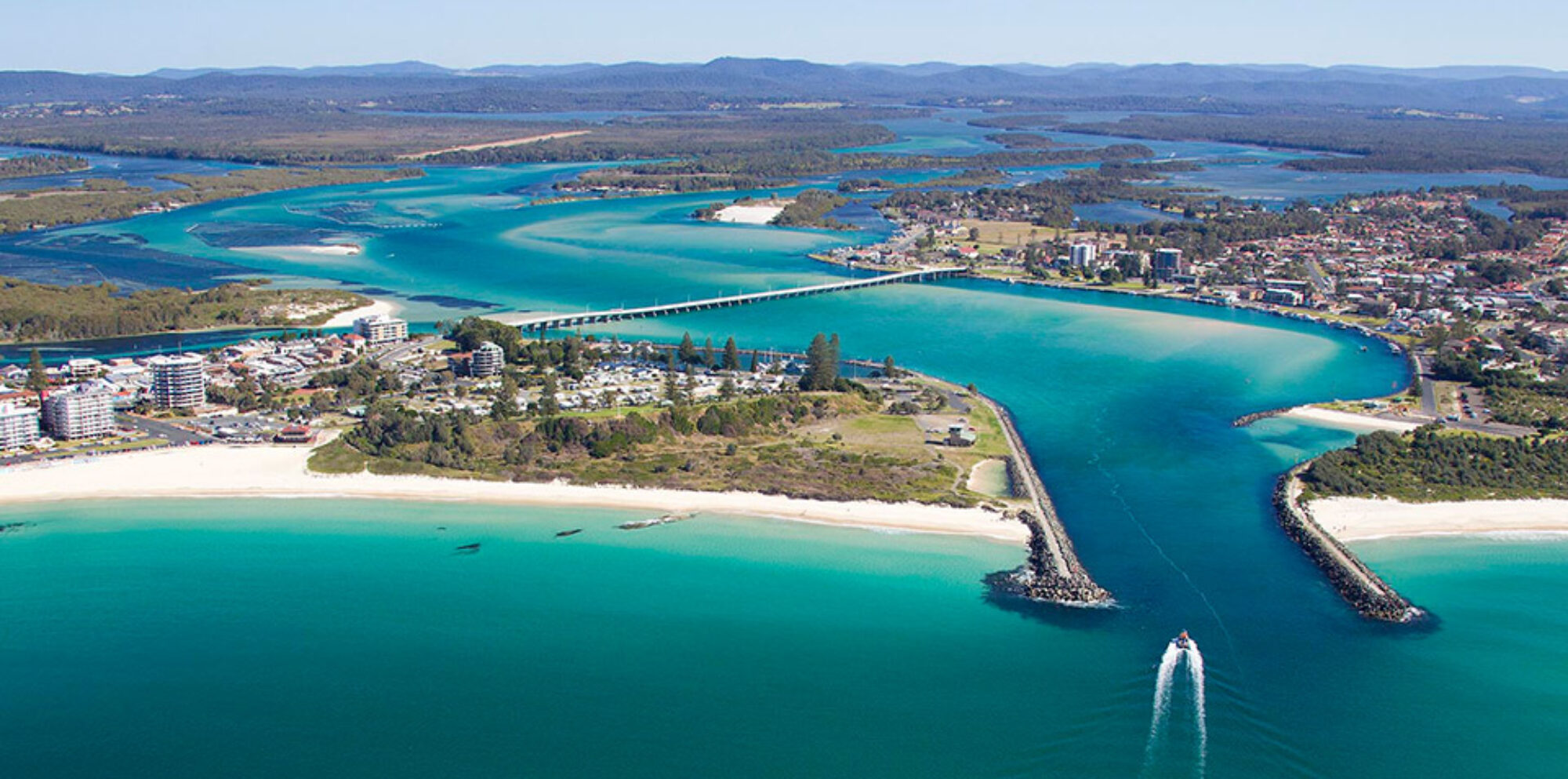Self-regulation can be defined as the ability to monitor and manage your energy, emotions, thoughts, and behaviours in ways that are acceptable and produce positive results such as well-being, loving relationships, and learning.
Exposure to natural environments can impact our moods and positively influence our thoughts. There are many reasons for this including:
- A lack of external stimuli. Being immersed in nature can take us away from the constant distractions of our phones, social media etc. Slowing ourselves down and allowing time to enjoy our surroundings can be hugely beneficial for our mental health and emotions.

- Working in teams. Many outdoor activities require teamwork and collaboration to be successful. As opposed to many competitive sports, activities such as abseiling, rock climbing or even long bushwalks encourage this form of interaction to achieve goals. This can lead to improved relationships and the development of important skills that can be transferred into other aspects of our lives such as work.

- Physical effects. Exposure to green plants can have important physical effects on our body, including a reduction in blood pressure and heart rate. Immersing yourself in water can also do similar things, as well as reduce the level of production of a hormone called cortisol, otherwise known as the “stress hormone”. These all improve not only our physical wellbeing but also lead to improved feelings of wellbeing.
